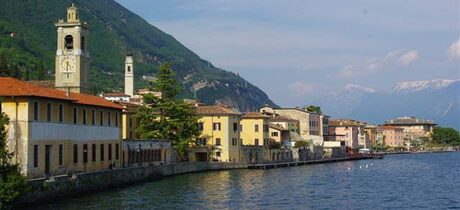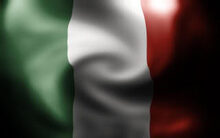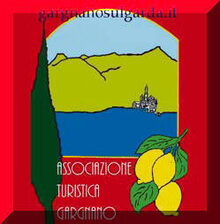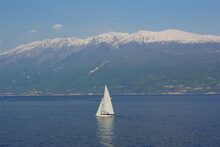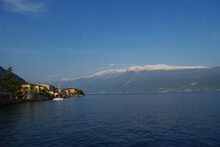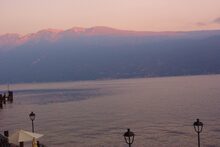Conference Theme
D.H. Lawrence: New Life, New Utterance, New Perspectives
Lawrence lived at Gargnano with Frieda between September 1912 and April 1913, and it was here that he finally completed the novel which was to establish his reputation as one of the most promising novelists of his generation – Sons and Lovers. Mark Kinkead-Weekes, in his Cambridge biography of Lawrence, Triumph to Exile, described the Gargnano period as one of “new life” and “new utterance,” and here, too, amongst other things, Lawrence wrote many of the poems of Look! We Have Come Through! and the plays The Fight for Barbara and The Daughter in Law. He made a start on The Sisters, which would later develop into The Rainbow and Women and Love, and aspects of his journey to Italy fed directly into his later novel, Mr Noon. Most recognisably, perhaps, the magical ambience of Gargnano inspired Lawrence's wonderfully ambitious early travel writing in the Italian essays associated with Twilight in Italy.
Further details about the conference will be added to this site over the coming months, so please visit these pages regularly and please share the conference link with all interested colleagues and friends.
NOTES:
Program Abstracts in a Printable Word File (6/16/14)
Email list for registered delegates can be found in the members-only section of the DHLSNA Directory--You must first login. (6/15/14)
Panel Guidelines for Chairs and Speakers has been added along with a printable version! (6/9/14)
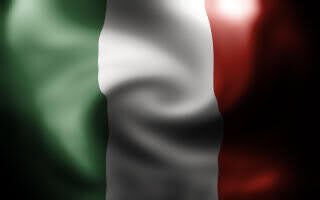
Simonetta de Filippis, Stefania Michelucci and
Paul Poplawski, Co-Executive Directors
&
Francesca Orestano, University of Milan Academic Director
Jill Franks, Academic Program Director
On behalf of the Organizing Committee, 13th International D.H. Lawrence Conference, Gargnano 2014
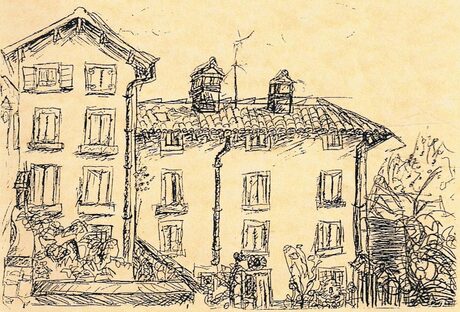
Villa Igea, south of Gargnano in the village of Villa, Lago di Garda. Sketch by Molly Wallace, 1990.
"The Villa Igea is just across the road from the lake, and looks on the water. There, in the sunshine - it is always sunny here - I shall finish Paul Morel and do another novel - God helping me." From Lawrence's letter to Arthur McLeod, 17 September 1912 (Letters, vol. i, p. 456).
